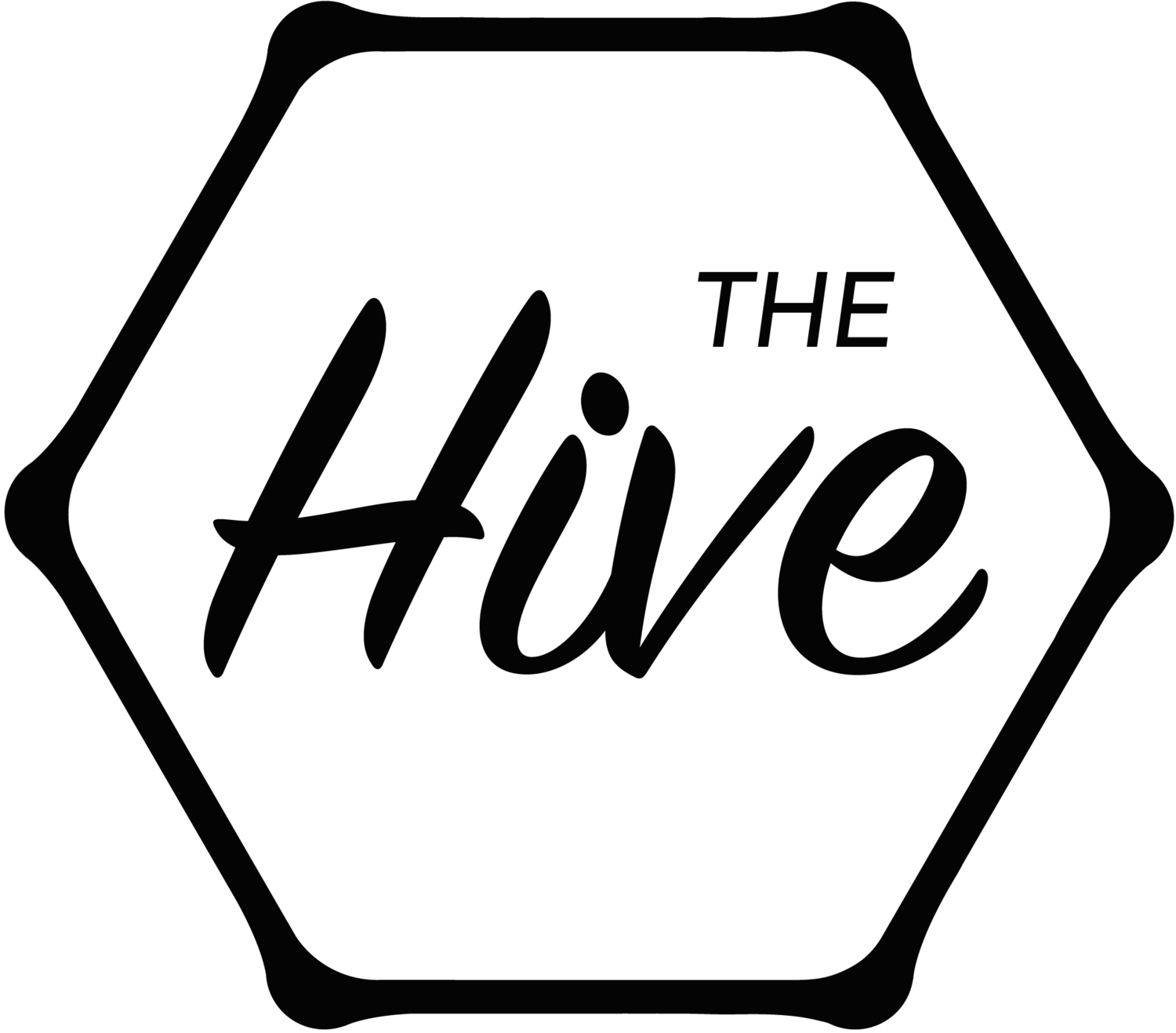On MLK Day and Inauguration Day 2025, Dr. Adam Clark of our Core Faculty wrote this reflection, grappling with the legacy of Dr. King while facing a second Trump presidency.
What does it mean to celebrate Martin Luther King Jr.’s life on the same day that Donald Trump
assumes the presidency? Too many Americans associate King’s legacy primarily with the fight
against racial segregation in America’s past, but overlook the political and moral challenges of
today. With growing polarization and fragmentation in American society, can King’s life and
legacy still serve as a meaningful resource in a country where the president’s brand
identity—Make America Great Again—invokes a time when Black Americans were not fully
recognized as citizens, women were marginalized, and sexual minorities suppressed? How can
King’s profound legacy speak to the tribalism and divisiveness of contemporary culture?
King is rightly recognized for his role in securing voting rights for Black Americans and ending
segregation in the South, but these achievements, while crucial, do not fully encompass King’s
broader spiritual contribution. His mission was to redeem the soul of America—freeing the
nation from its historical shackles and urging her to live up to her highest ideals. It is this aspect
of King’s legacy—the reimaging of our life-together—that has largely faded from public
discourse.
King consistently highlighted the gap between America’s ideals and its reality. The nation claims
to stand for freedom, justice, and equality, yet its reality is far different. What King called for
was for America to live up to its own promises. He firmly believed that America’s history of
slavery and segregation did not have to define its future. History is not predetermined or fixed,
and the contradictions of life are not final. Humans create history, and can inject new meaning
and dignity into the veins of civilization. The birth of a new society is an organic, not
mechanical, process. Democracies are either growing or decaying. The idea of “Making America
Great” by returning to a mythical past goes directly against King’s vision. It’s not about
romanticizing or preserving a flawed democracy by returning back, but about evolving and
building a better democracy from our present conditions.
King reminds us that the goal of the struggle was not only the right to sit at the front the bus or to
vote, but to give birth to a new society based on love and justice. As we face a second Trump
term and navigate a deeply polarized country, King’s legacy feels more relevant than ever. In his
final book, Where Do We Go from Here: Chaos or Community?, King acknowledged the
growing interdependence of the world, even as powerful forces worked to keep people divided.
His message was clear: we are interconnected—we need one another.
King saw a hidden wholeness beneath the brokenness and division in human life. He didn’t see
our choices as being between black vs white, republican vs democrat, gay vs straight, for him the
choice was clear: chaos or community. We can live together as brothers and sisters or perish
together as fools. Americans, he argued, must undergo a radical revolution in values, shifting
from a thing-centered society to a person-centered one.
King acknowledged the sobering possibility that America might be so entrenched in a death
spiral that she perpetuates cycles of division and self-destruction. Catastrophe, he warned, is a
live option. Yet he called for courage, urging us to look beyond electoral politics and ask a
deeper question: “What kind of democracy are we striving to become?” Will it be one that is just
and inclusive, or tribal and restrictive?
He calls on us to shed the scales from our eyes and recognize the hidden wholeness he
envisioned as the Beloved Community. This Beloved Community exists both within us and
ahead of us, waiting to be realized. With this awareness, King urged us to find the strength to
carve stones of hope from mountains of despair, and to build a new society that reflects the love
and justice that lies at the heart of our deepest longings.

